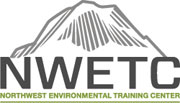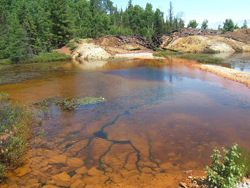· NRDA approaches from fully collaborative efforts between the trustees and PRP, arms length negotiations to full blown courtroom litigation.
· Development ‘injury metrics’ such as
o biological survey information,
o sediment chemical quality guidelines,
o tissue chemical concentrations, etc.
· An overview of spatial analysis methods (using GIS),
· Resource ‘exchange values‘ for losses and gains
· Loss and gains in services calculation (using Habitat Equivalency Analysis, HEA), etc.
· Application of habitat quality information, determination of initial ‘baseline’ condition, estimation of ‘service lift’ and resource ‘exchange values‘ for restoration actions
· Tools and methods for ‘net service’ accounting using GIS and HEA will be demonstrated using settled case and hypothetical example
· Application of NRDA techniques to ESSA








